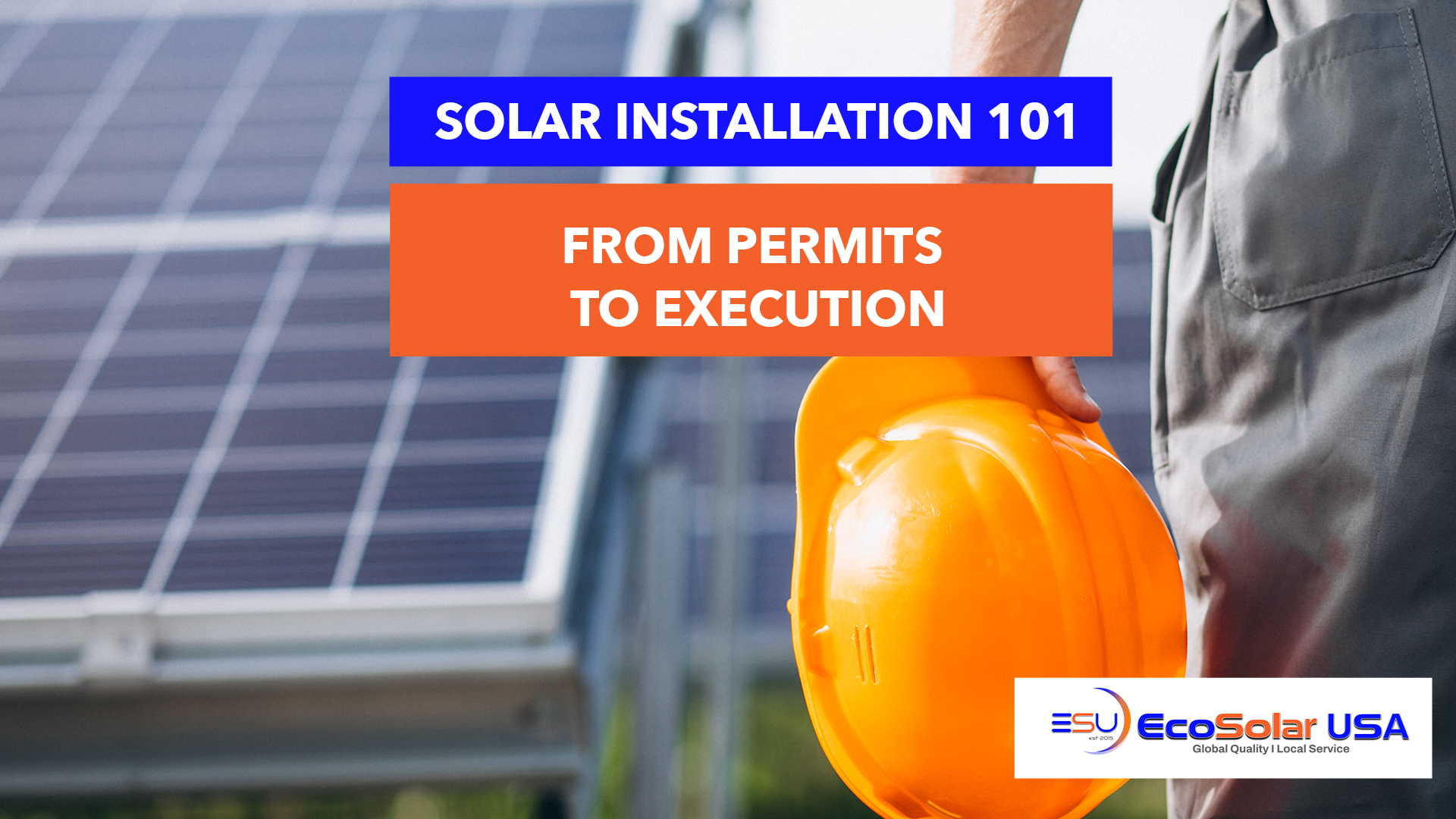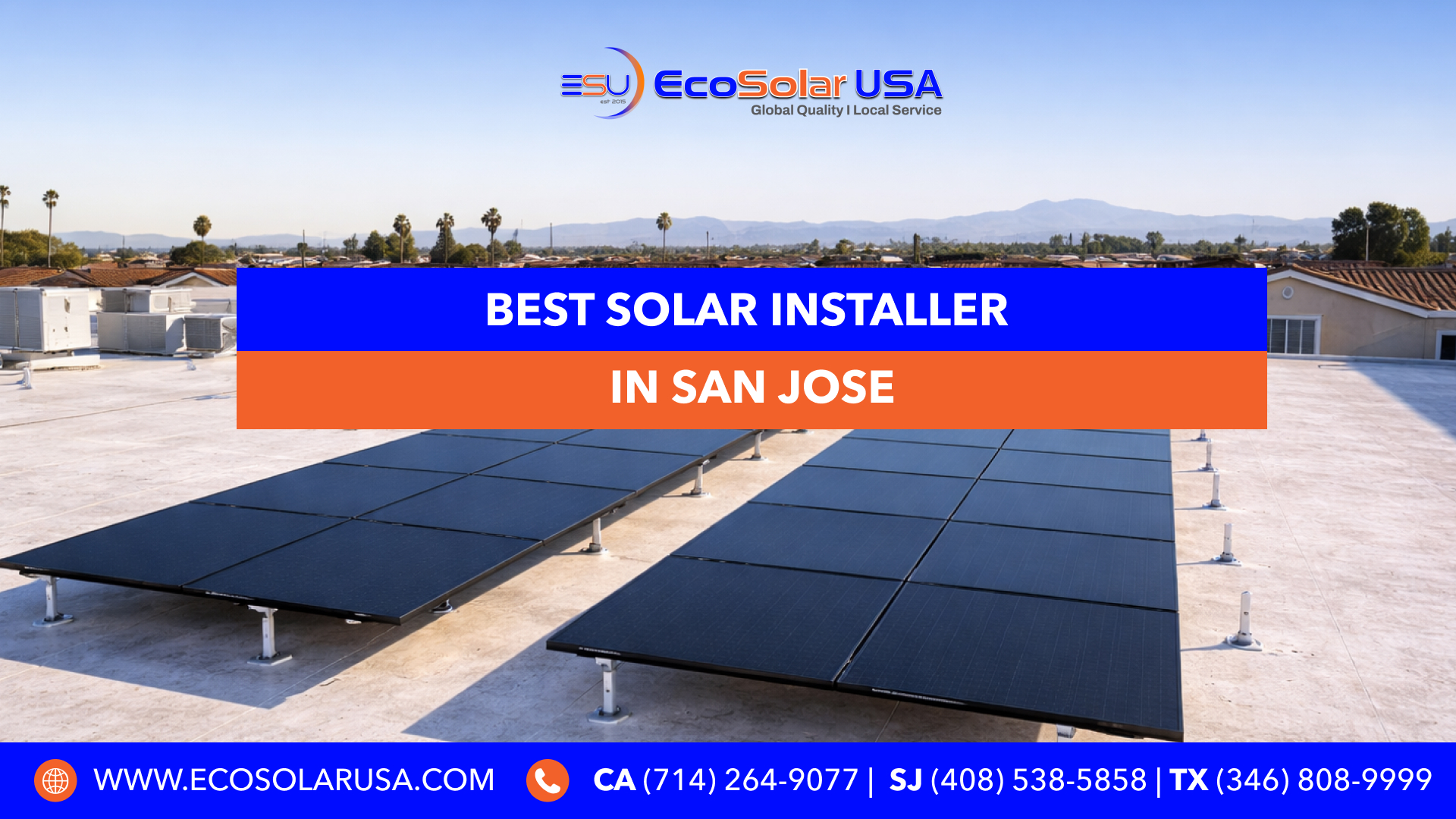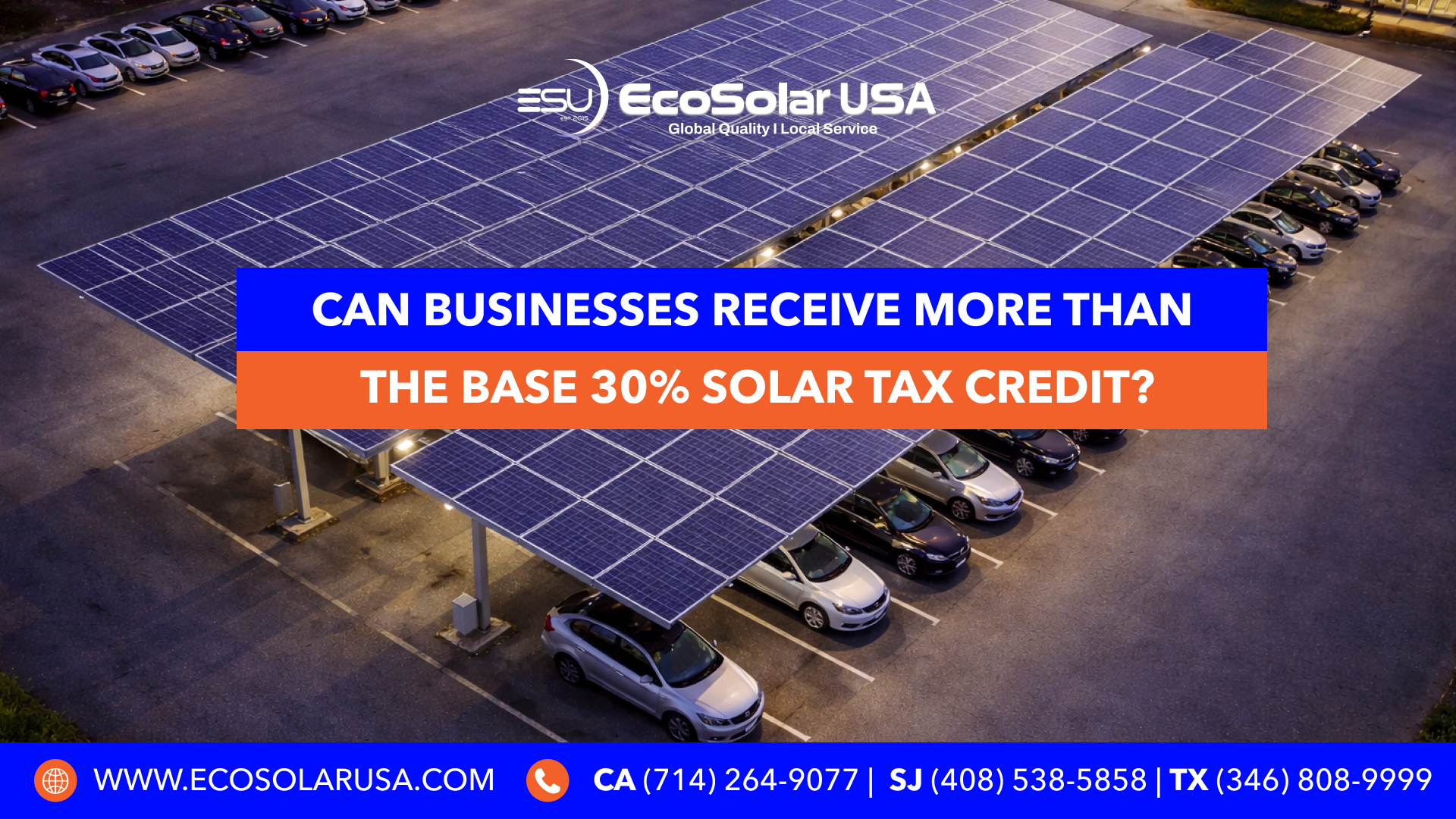
Thinking about going solar? Installing solar panels for your home is one of the smartest investments you can make to reduce your electricity bills, increase your property value, and lower your carbon footprint. But before you jump into solar installation, there are several important steps and considerations every homeowner should understand.
In this guide, we’ll walk you through the top 10 things you need to know before installing solar panels on your house, from permits to execution.
1. Understand Your Energy Needs
Before installing solar, evaluate your current electricity consumption. Review your utility bills from the past 12 months to get a clear picture of your energy usage. This will help determine how many solar panels you need.
2. Roof Condition and Suitability
Your roof plays a major role in solar panel installation. If your roof is old or needs repair, it’s best to fix it before installing panels. Roof orientation, shading from trees, and roof angle all affect solar efficiency.
3. Local Permits and Regulations
Solar installation often requires building permits and inspections. Local governments and homeowner associations may have specific rules regarding panel placement. Working with a certified installer ensures compliance.
4. Choosing the Right Solar Panels
Not all panels are created equal. You’ll need to choose between monocrystalline, polycrystalline, or thin-film solar panels based on efficiency, budget, and available space.
5. Federal and State Incentives
Solar tax credits, rebates, and state-specific incentives can significantly reduce installation costs. The federal solar investment tax credit (ITC) is one of the biggest money-savers for homeowners.
Learn more about the latest update of Solar Tax Credit
6. Selecting a Solar Installer
Hiring an experienced and licensed solar installer is key to a smooth installation. Ask about certifications, warranties, and previous projects in your area.
7. Financing Options for Solar Panels
From solar loans and leases to power purchase agreements (PPAs), financing options make solar more accessible than ever. Research which model works best for your budget and long-term savings goals.
8. Installation Timeline
Solar installation isn’t an overnight process. Between permits, utility approval, and physical installation, it can take anywhere from 1 to 3 months. Understanding the timeline helps set realistic expectations.
9. Adding Solar Batteries
If you want to maximize your savings and gain energy independence, consider adding a solar battery. Batteries store excess energy, giving you backup power during outages.
10. Long-Term Maintenance and Warranty
Solar systems are low maintenance, but regular cleaning and occasional inspections ensure efficiency. Always review warranties for panels, inverters, and labor coverage.
Learn more about Solar Warranty:
Installing solar panels for your home is a life-changing decision with long-term financial and environmental benefits. By understanding permits, financing, installation timelines, and ongoing maintenance, you’ll be better prepared to transition smoothly into clean energy.
If you’re ready to start, reach out to a trusted local solar installer to discuss your home’s unique needs.



